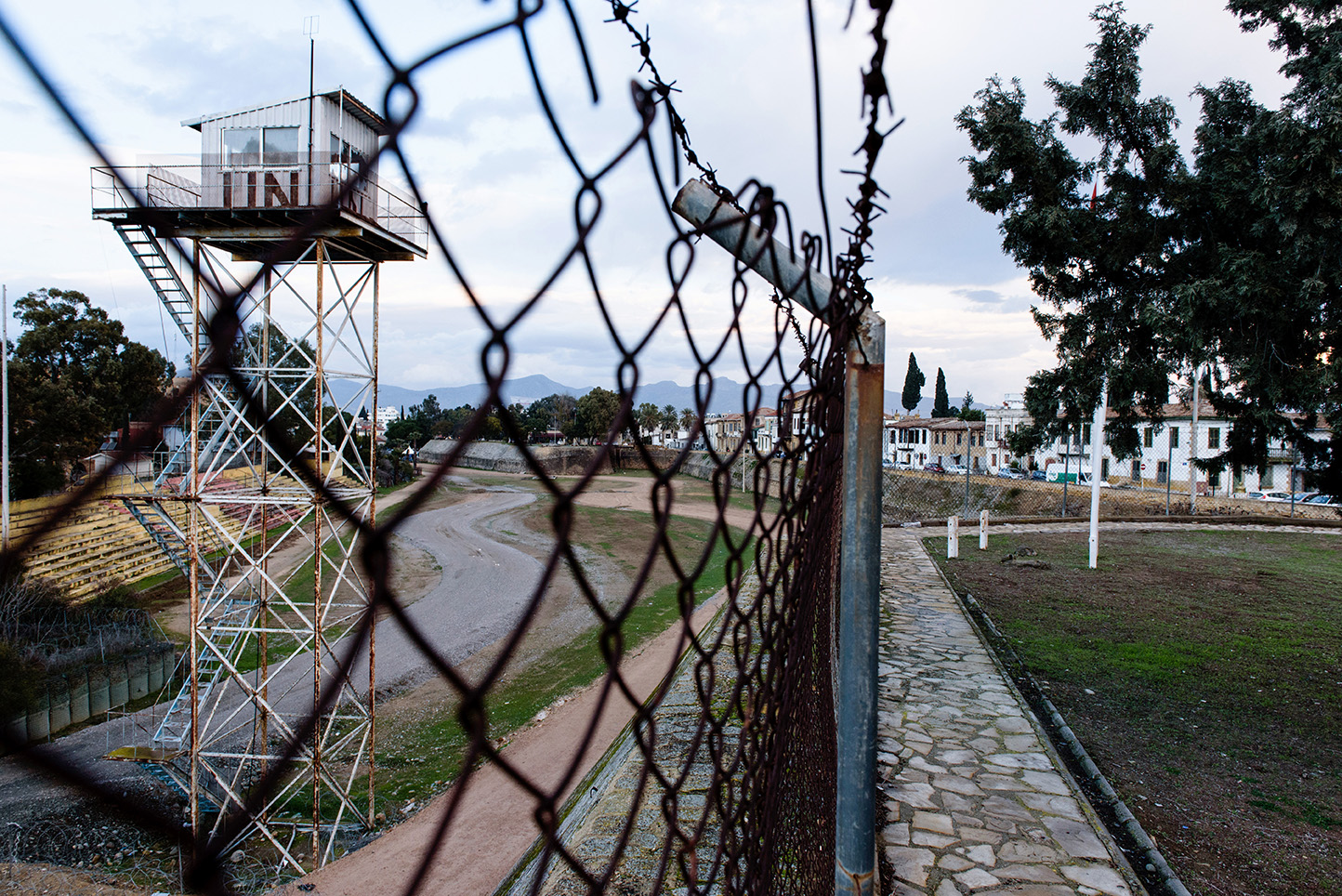Armenia-Turkey talks advance amid Azerbaijan peace push
After meetings between Armenia, Azerbaijan, and Türkiye, optimism is growing for a peace treaty by 2026. Yerevan hopes to reopen its border with Ankara. Pashinyan is aiming for concrete results to strengthen his fragile political position
Yerevan-tra-Ankara-e-Baku-verso-la-riconciliazione-1
Nikol Pashinyan © Vladimir Tretyakov/Shutterstock
Following the much-heralded White House meeting on 8 August between Armenian Prime Minister Nikol Pashinyan and Azerbaijani President Ilham Aliyev, hosted by U.S President Donald Trump, hopes are rising that Yerevan and Baku could sign a long-anticipated peace treaty within less than a year. In connection with this, momentum appears to be building on a parallel front to normalise relations between Armenia and Turkey.
On 12 September, the Armenian and Turkish special envoys for the normalisation of relations, Rubin Rubinyan and Serdar Kiliç, met in Yerevan. It was their sixth meeting in that capacity since January 2022 and the first to be held in the Armenian capital. Though a high level visit by a Turkish official was not unprecedented – even then President Abdullah Gül visited Armenia in 2008 – the timing was significant.
For decades, Armenia-Turkey normalisation has been tied to Armenia-Azerbaijan relations. The border between Armenia and Turkey was closed in 1993 after Armenian forces captured Kelbajar, along with six other regions surrounding Karabakh. Ever since, Ankara has made it clear that opening the border and normalising relations would occur only if Yerevan and Baku did too.
Speaking to media after the Kiliç-Rubinyan meeting, Turkish Foreign Minister Hakan Fidan said he expects an Armenia-Azerbaijan treaty, completed in March and initialled in August, to be signed in the first half of 2026. Normalising relations and the full opening of the shared border would follow immediately afterwards. Yerevan, of course, hopes that the border could be opened sooner, counting on being able to benefit from new trade route.s.
Until now, any opening of the border has been symbolic as hopeful gestures. In 2023, one of Armenia’s two closed borders with Turkey was temporarily opened to allow aid deliveries to earthquake-stricken Turkey. Earlier this year, the same happened to permit the delivery of humanitarian assistance from Armenia to Syria. Even in the early 1990s, during the war in Karabakh, Turkey had also allowed the temporary transportation of wheat to Armenia during a severe grain shortage.
The identical one-page communiqué released after this latest meeting reaffirmed commitments to advance normalisation. These include restoring the long-dormant Kars-Gyumri railway, opening the border to third-country citizens and diplomats, boosting education exchanges and introducing more direct flights. There are already flights between Yerevan and Istanbul and have been since the mid 1990s.
In late August, Pashinyan traveled to China via Azerbaijani airspace and was photographed jovially talking with Aliyev at the Shanghai Cooperation Organisation summit. Their wives, Anna Hakobyan and Mehriban Aliyeva, were also pictured together with Turkish First Lady Emine Erdoğan. These images, widely shared online, were unprecedented and appeared deliberately purposed to send positive signals to societies long accustomed to hostility.
Still, normalisation is not without political cost. In September, the Armenian government announced that Mount Ararat, known in Turkey as Mount Ağrı, would be removed from Armenian border stamps from November. The decision, interpreted as an effort to avoid symbols Ankara views as territorial claims, provoked a storm of criticism from the opposition. Pashinyan denies any connection. Others note it came a day before Kiliç’s visit.
Whatever the reason, it again highlighted the delicate balancing act for Pashinyan whose political fortunes are tied to his “peace agenda”. With parliamentary elections looming in June 2026, and his ratings at an all-time low, he hopes to deliver tangible progress on regional integrity and connectivity. The opposition forces have already begun portraying perceived concessions as a betrayal of national identity.
Ironically, the government of former President Serzh Sargsyan, now the second largest opposition party in the Armenian National Assembly, had attempted to normalise relations with Ankara. The 2009 Zurich Protocols collapsed amid political resistance in both countries and disagreement over history and resolving the conflict with Azerbaijan. Nonetheless, informal relations do exist. Turkish brands, for example, are readily available in Yerevan and a large number of Armenians work illegally in Turkey.
The months ahead will be crucial. Armenia maintains it is ready to sign a treaty with Azerbaijan immediately, though Baku still demands constitutional changes in Yerevan that still looks likely to delay any signing. Turkey insists on timing normalisation with Armenia after a peace deal with Baku. Nonetheless, both tracks could converge in the first half of 2026 just ahead of the elections.
For Pashinyan, the stakes are high. His popularity has plummeted sharply since 2018, and he is betting his political future on delivering peace. For Aliyev and Erdoğan, success would expand their regional influence and open up new economic opportunities. For Washington, it would mark an unexpected diplomatic triumph as efforts to end the Russia-Ukraine war falter. After decades of conflict, even cautious optimism represents a step forward.









